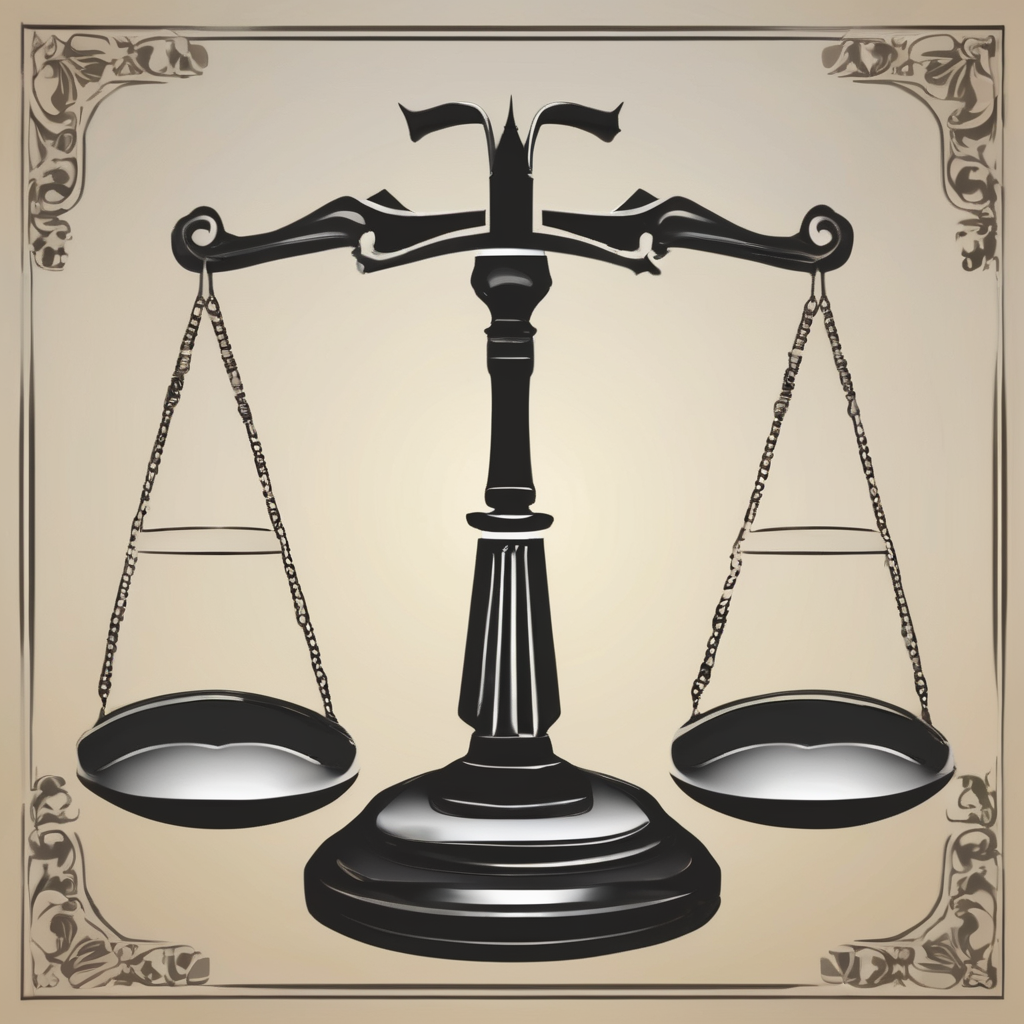The legal dispute involving former Fiji Independent Commission Against Corruption (FICAC) Commissioner Barbara Malimali is currently making its way through the Suva High Court. Malimali is appealing her dismissal, which was enacted following her suspension on May 29, 2025, at the behest of Prime Minister Sitiveni Rabuka and approved by the President. Her lawyer, Tanya Waqanika, contends that the dismissal occurred without adhering to the proper constitutional procedures.
During a recent court session presided over by Justice Dane Tuiqereqere, Waqanika argued that the Prime Minister exceeded his authority and that such actions should fall under the jurisdiction of the Judicial Services Commission (JSC). Counsel for both the Prime Minister and the President argue that Rabuka acted within his rights, citing a state of “constitutional paralysis” in the JSC as a reason for his intervention.
Malimali’s dismissal has ignited a significant debate about the limits of presidential authority and the independence of anticorruption efforts in Fiji. Her appointment as FICAC Commissioner on September 5, 2024, has also come under scrutiny due to past allegations linked to her previous position within the Electoral Commission, as well as an ongoing investigation involving Deputy Prime Minister Biman Prasad.
Experts note the case’s importance for Fiji’s governance, viewing it as an opportunity to foster dialogue on improving institutional integrity and accountability. The outcome of Malimali’s judicial review has the potential to instigate essential reforms that could enhance public confidence in government processes.
The court is set to announce its ruling on January 23, 2026. The anticipation surrounding this decision not only highlights the immediate stakes for Malimali but also reflects broader hopes for a reevaluation of governance practices in Fiji. Observers are optimistic that this case may help elucidate the scope of authority within the nation’s political framework and encourage greater transparency and accountability in public office.
This ongoing situation underscores the critical nature of effective governance structures and the imperative to uphold democracy and justice in governmental operations. The legal proceedings promise to be a catalyst for meaningful reforms that would strengthen the fight against corruption and enhance the accountability of public service in Fiji.
